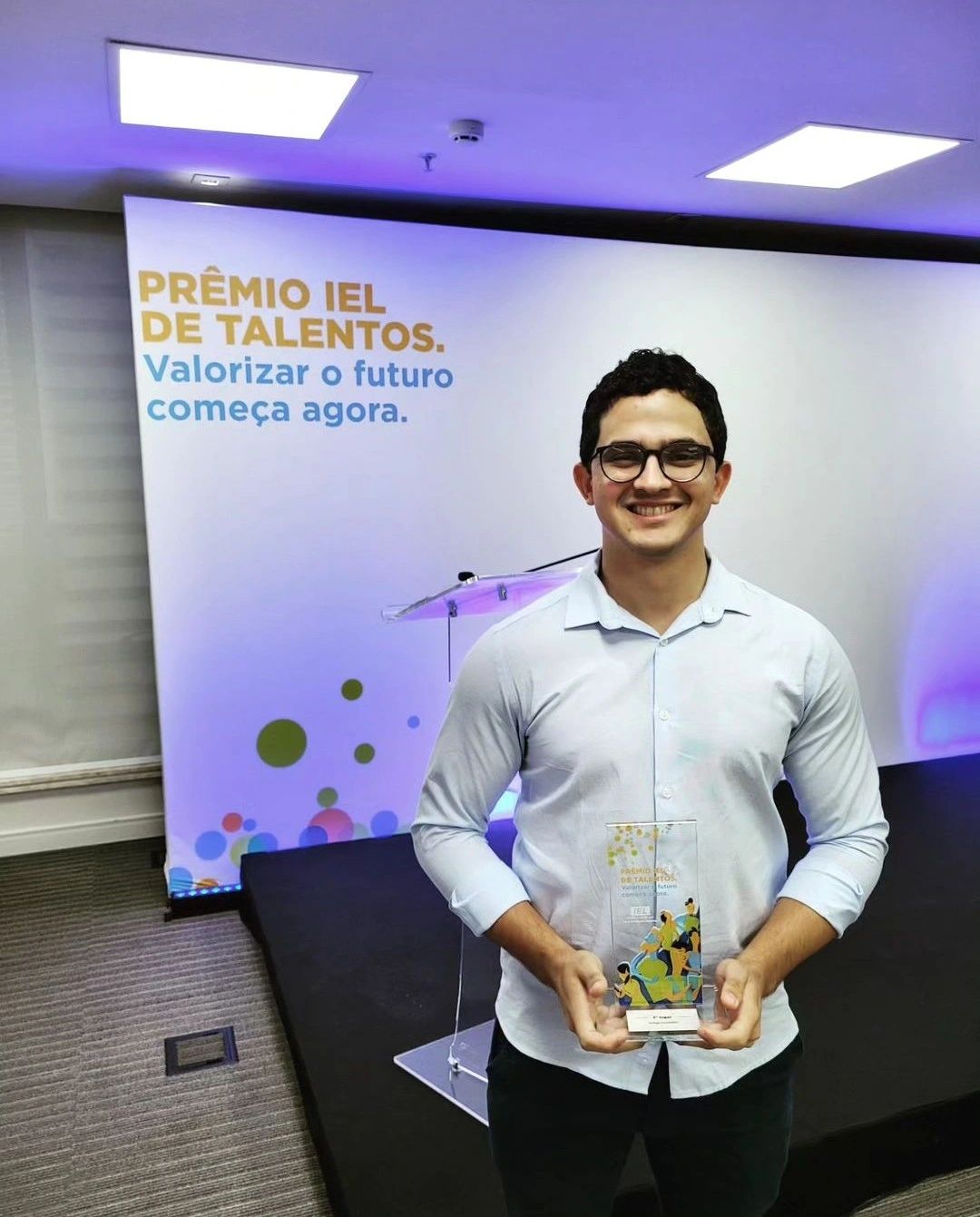Programming Languages, Databases, and Operating Systems
- Programming Language: Python (Pandas, Numpy, Scikit-learn).
- C and C++ programming.
- SQL, MySQL, MongoDB, and PostgreSQL.
- 10+ years using Linux (various distributions).
My name is Erick Gomes, I hold a Master's degree in Computational Physics from Universidade Federal Fluminense (UFF), with solid experience in Data Science and Machine Learning Engineering. I work as a Senior Data Scientist, with strong expertise in high-impact projects, leading MLOps initiatives, data engineering, and the development of AI solutions for business. My background includes strategic roles in the financial market, development of robust pipelines, deployment of machine learning models in production, and technical leadership of multidisciplinary teams.
I have expertise in applying advanced machine learning algorithms in both materials physics and corporate environments, as well as consolidated experience in integrating solutions with cloud platforms, process automation, and data project management. I am always looking to improve my skills and deliver high-value results for organizations.
Currently, I work as a Senior Data Scientist in the Financial Market, focusing on the development of innovative solutions based on Open Finance data.
Period: April 2024 - present
Location: São Paulo, Brazil (Remote)
Period: August 2023 - April 2024
Location: São Paulo, Brazil (Hybrid)
Period: July 2022 - July 2023
Location: São Paulo, Brazil (Remote)
Period: July 2023 - December 2023
As a teaching assistant for the Machine Learning applied to Physics course, I played a central role in exploring and applying the fundamental principles of machine learning to solve specific challenges in theoretical and experimental physics.
My technical contribution involved guiding students in implementing supervised and unsupervised learning algorithms, such as regression, classification, neural networks, and clustering methods, to analyze datasets from various sources. Using languages and libraries such as Python, TensorFlow, and scikit-learn, I explored data preprocessing methods, feature selection, and model optimization to extract accurate insights and reliable predictions.
I was responsible for weekly guidance in the graduate course and assisting in the completion of course activities.
Period: March 2022 - present
Location: Niterói, Rio de Janeiro, Brazil
Developing my research in the area of machine learning applied to Physics, I have been using best practices in data science to propose new solutions in the analysis of large databases.
During my undergraduate research, I developed skills in various computational tools such as shell script programming, parallel computing, and Linux systems. I was responsible for conducting studies related to materials physics through computational simulation, a field that involves producing large amounts of data to be analyzed.
During the extension project, I used embedded systems such as Arduino and ESP32 to produce physics experiments. I was also responsible for coordinating/guiding a group of undergraduate students to produce similar experiments.
During the electronics technician course, I learned about electronic systems and components, which later enabled me to develop projects in data analysis of electronic circuits and embedded systems.

Build a model to forecast sales for the Rossmann pharmacy chain.

Build a model to predict credit card default.

This article explores the synergy between Open Finance and Artificial Intelligence (AI) and its impact on the financial industry. We analyze the concept of open finance, which encompasses the opening of financial data and services through APIs (application programming interfaces), and the application of AI in this context. We discuss the benefits of open finance, such as greater financial inclusion and innovation, and highlight how AI can be used to enhance data analysis and the personalization of financial services. We conclude that the combination of open finance and AI has the potential to transform the way we relate to finance, providing a more efficient, convenient, and personalized experience.
Feel free to get in touch.